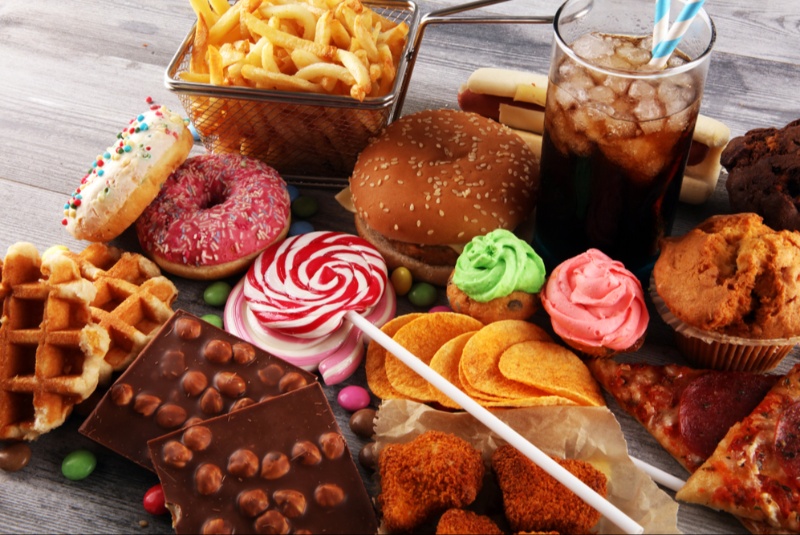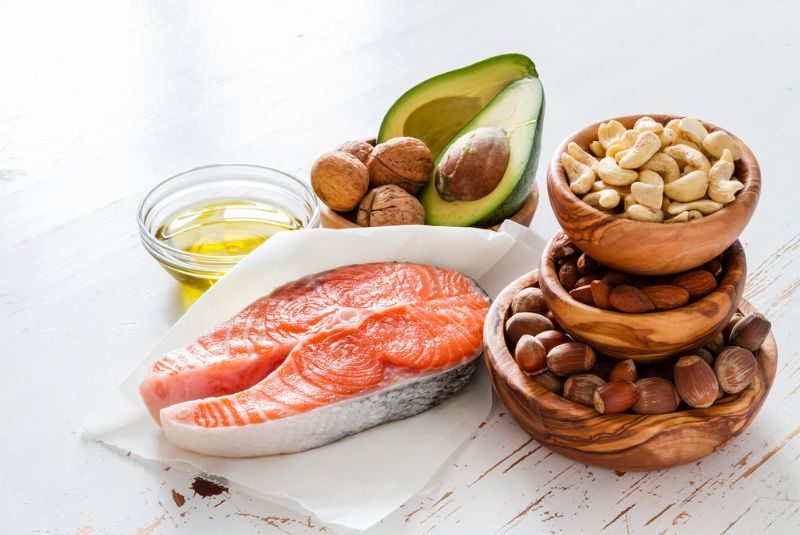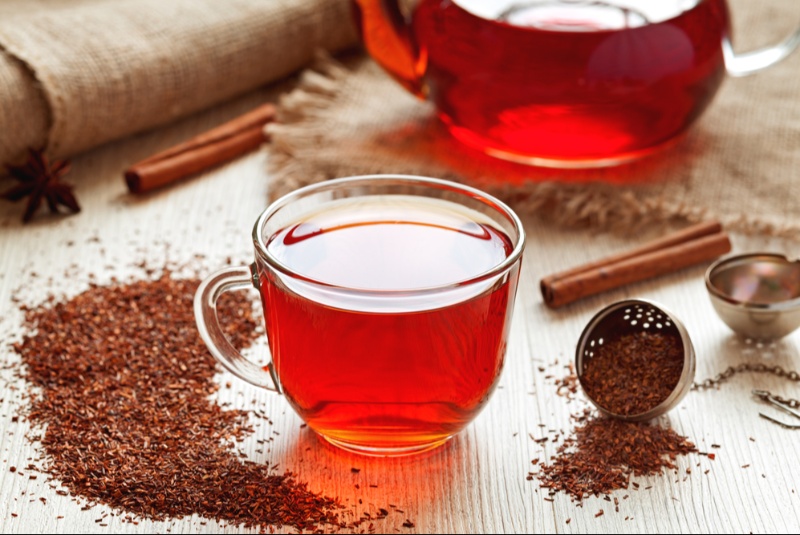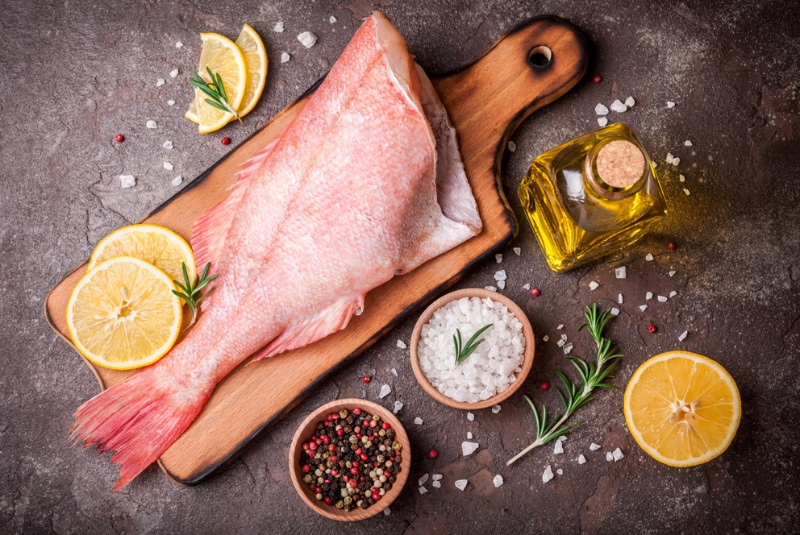Embarking on a weight loss journey involves more than just counting calories; it requires a conscious effort to select foods that nourish your body and promote fat burning. While no food is inherently bad, some can hinder your progress towards your weight loss goals. This article explores the foods to minimize or avoid for effective weight loss, offering insights into how certain foods impact your body and alternatives that support a healthier lifestyle.
Sugary Beverages
Sugary beverages are a major culprit in the battle against weight loss. Drinks like sodas, fruit juices, and sweetened teas are packed with calories and sugars but offer little to no nutritional value. Consuming these beverages can lead to rapid spikes and crashes in blood sugar levels, triggering increased hunger and a subsequent intake of additional calories. Moreover, liquid calories do not provide the same feeling of fullness that solid foods do, leading to overeating. Water, unsweetened herbal teas, and infused waters are excellent alternatives that hydrate your body without the extra calories. For a flavorful twist, add slices of fruits or herbs like mint to your water.
Refined Grains
Refined grains, such as white bread, pasta, and rice, undergo processing that removes their bran and germ, stripping away valuable nutrients and fiber. This lack of fiber means they are digested and absorbed quickly, leading to spikes in your blood sugar and insulin levels. Such fluctuations can increase your appetite and promote fat storage in the body. Switching to whole grains like quinoa, brown rice, and whole wheat products can make a significant difference. Whole grains are packed with fiber and nutrients, keeping you fuller for longer and helping to regulate your blood sugar levels more effectively.
Processed and Fried Foods
Processed and fried foods are typically high in unhealthy fats, calories, and sodium but low in essential nutrients. Regular consumption can contribute not only to weight gain but also to an increased risk of chronic diseases such as heart disease and diabetes. These foods often contain trans fats, which are associated with increased levels of bad cholesterol. Cooking at home with fresh, whole ingredients is a healthier alternative, as it allows you to control your meal's nutritional content. When cooking, opt for baking, grilling, or steaming over frying to minimize fat content.
High-Sugar Snacks
High-sugar snacks, including cookies, candies, and cakes, are incredibly tempting but detrimental to weight loss efforts. They are loaded with added sugars and calories, contributing to weight gain and increasing the risk of developing insulin resistance. Instead, choose snacks that provide nutritional value and help maintain steady blood sugar levels. Fruits, nuts, and yogurt are great options, offering vitamins, minerals, and proteins that support a healthy diet. For a sweet treat, dark chocolate with a high cocoa content can be a good alternative, enjoyed in moderation.

Alcohol
Alcohol is notorious for its empty calories, which can quickly add up and disrupt your weight loss progress. Drinking alcohol can also weaken your resolve, leading to less healthy food choices. Furthermore, alcohol consumption slows down the body's fat-burning process because your body prioritizes metabolizing alcohol over other nutrients. If you choose to drink, opt for lower-calorie options like light beer or dry wines and limit your intake. Mixing spirits with water or club soda instead of sugary mixers can also reduce calorie consumption.
High-Calorie Coffee Drinks
While coffee in its pure form is low in calories, many popular coffee drinks are loaded with sugars, syrups, and cream, transforming them into high-calorie indulgences. These additives can significantly hinder your weight loss efforts. To enjoy coffee without sabotaging your diet, consider drinking it black or with a small amount of milk or a milk alternative. If you need a sweetener, choose a low-calorie option. This way, you can still enjoy your coffee ritual without the unnecessary calories.
Fast Food
Fast food is convenient but often packed with calories, unhealthy fats, and sodium, making it a poor choice for anyone trying to lose weight. The high calorie content and lack of nutritional balance can lead to weight gain and other health issues. Planning your meals and snacks in advance can help you avoid the temptation of fast food. When dining out, look for healthier options like salads with lean protein, and always ask for dressings or sauces on the side to control the amount you consume.
Ice Cream and Full-Fat Dairy
Ice cream and full-fat dairy products can be high in saturated fats and calories, contributing to weight gain. While dairy products can be part of a balanced diet, choosing low-fat or fat-free options can help reduce your calorie intake without sacrificing calcium and protein intake. Plant-based dairy alternatives made from almonds, soy, or oats can also be flavorful, lower-calorie options. When craving something sweet like ice cream, consider fruit-based sorbets or frozen yogurt as lighter alternatives.
High-Sodium Foods
Foods high in sodium, such as processed meats, canned soups, and snacks, can cause water retention and bloating, which can be discouraging when you're trying to lose weight. Excess sodium intake can also lead to high blood pressure and other cardiovascular problems. Opt for fresh meats and vegetables, and try making soups and broths at home to control the sodium content. Using herbs, spices, and citrus to flavor dishes can reduce the need for salt, helping you manage sodium intake while enjoying delicious meals.
Losing weight effectively isn't just about reducing calorie intake; it's about making smarter food choices that support your body's nutritional needs while helping you maintain a calorie deficit. By being mindful of the foods and beverages you consume, opting for whole and nutrient-dense options, and minimizing the intake of sugary, processed, and high-calorie items, you can create a diet that not only supports weight loss but also enhances your overall health. Remember, the journey to weight loss is a marathon, not a sprint. Making sustainable changes to your eating habits will yield lasting results.




